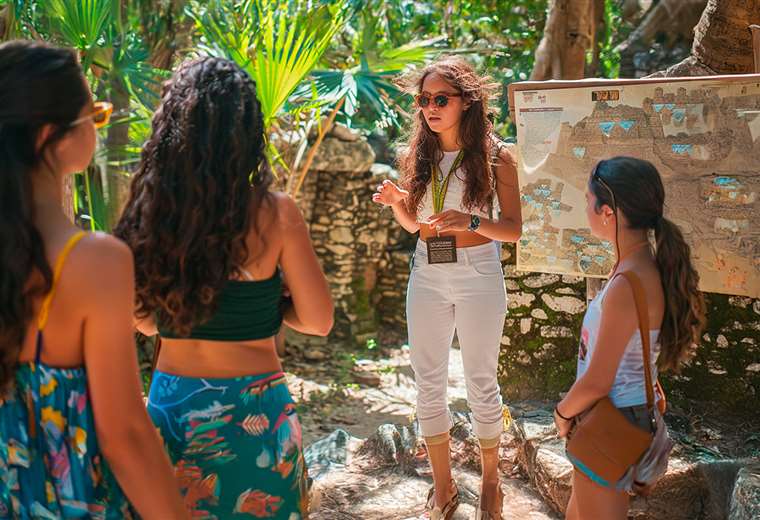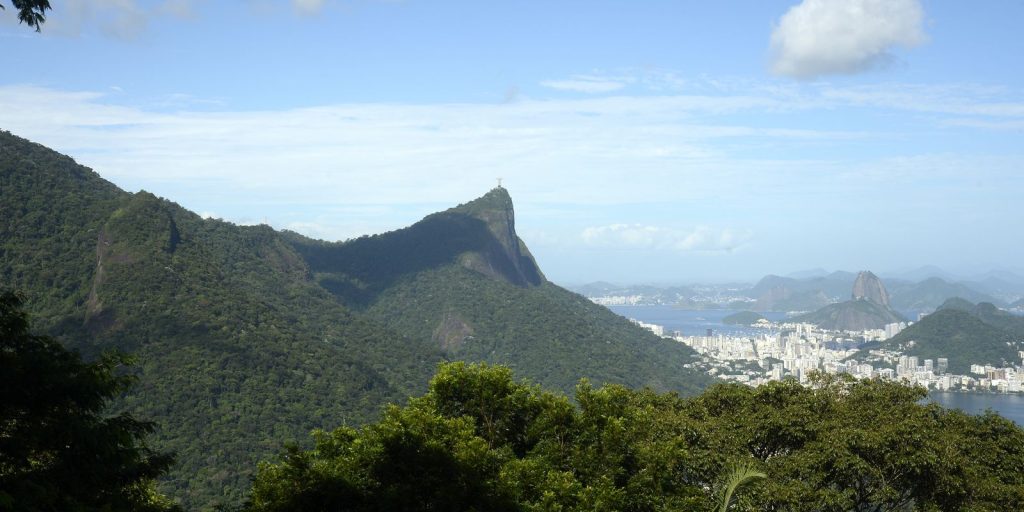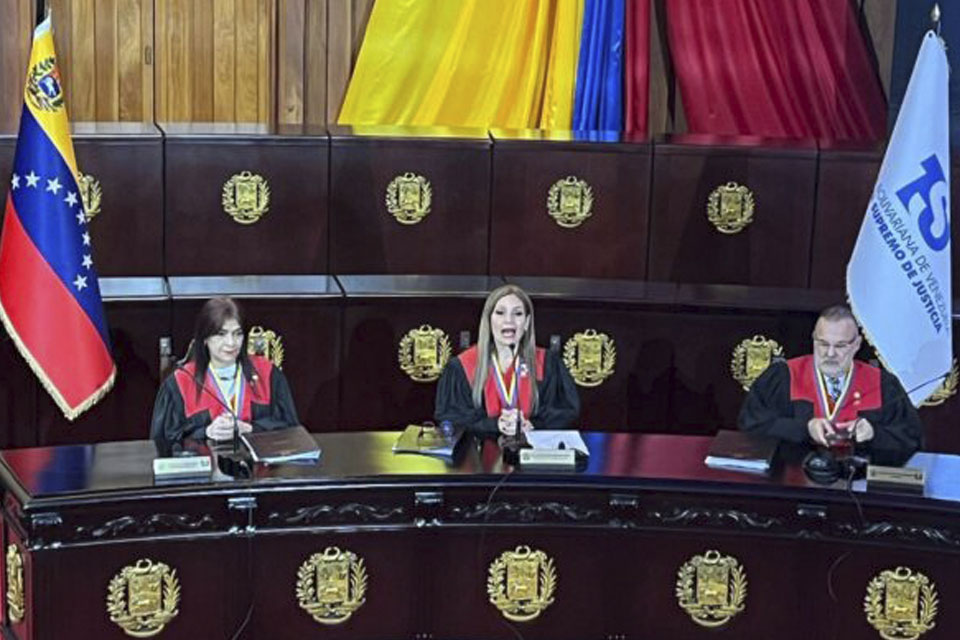August 26, 2024, 9:00 AM
August 26, 2024, 9:00 AM
Tourism, a sector intrinsically linked to services, has established itself as a fundamental driving force for the Bolivian economy.
According to the World Tourism Organization (UNWTO), tourism has a wide and diverse impact on the economy, natural environment, urban areas and local population of destinations. These effects make it necessary to adopt a comprehensive approach to the development, management and monitoring of tourism in order to formulate effective policies at both national and local levels.
In Bolivia, this sector not only allows for the “exportation” of hotel nights, airline tickets and tourist experiences, but also promotes the adoption of technologies and connects territories and people.
Additionally, it has positioned itself as the third generator of foreign currency and the fifth formal employer in the country, standing out in a predominantly informal economy.
Andrés Aramayo, manager of the Bolivian Observatory for the Sustainable Tourism Industry (Órbita), underlines the importance of tourism in the country’s orange economy, a sector that has grown at an annual rate of 10%, despite social and economic challenges.
“Bolivia has been living off tourism for a long time,” says Aramayo, noting that this growth is remarkable considering the context of conflicts and difficulties that the country faces.
The economic impact of tourism is undeniable. According to economist Hugo Siles Espada, during TeCNia 2024, the tourism sector contributed 2.5% to the national GDP in 2023, a significant figure given that Bolivia is still in the process of economic recovery.
Juan Carlos Núñez, professor of Hotel and Tourism Administration at Franz Tamayo University, Unifranz, highlights that tourism not only creates quality jobs, but also offers equal opportunities for both men and women.
Keys to boost tourism in Bolivia
Aramayo identifies seven key strategies to boost tourism in the country:
1 Legal security: creating an environment of legal security is essential to attract national and international investment, promoting sustainable and environmentally friendly tourism.
2 Niche economy: Bolivia must focus on specific markets that value unique and sustainable experiences, promoting tourism that respects and conserves its territory.
3 Aeronautical connectivity: Improving air connectivity is crucial to facilitate access to Bolivia. Respecting new aeronautical freedoms and opening up to foreign investment in airlines will improve the quality and reduce the costs of air services.
4 Digitalization of the destination: In the digital age, it is vital that Bolivia positions itself online. The digitalization of tourist destinations will allow travelers to interact and make transactions, thus diversifying the economy.
5 Understanding seasonality: Defining and leveraging tourist seasons will help optimize supply, allowing Bolivia to adjust its strategies to maximize its appeal throughout the year.
6 Internationalization of the destination: in addition to promoting its tourist attractions, Bolivia must internationalize quality local products, such as coffee, honey, cocoa and wines, thus strengthening its image abroad.
7 National pride: promoting domestic tourism is essential for Bolivians to know and value their own country, promoting sustainable tourism from within.

Improving tourist services
At the national level, the improvement of the tourism sector is being driven through training and professionalization. However, Juan Carlos Núñez warns that some entrepreneurs still choose to hire unskilled labor, which results in inefficient and low-quality service.
“We must emphasize providing services with total quality in all direct and indirect aspects, changing the mentality so that tourists feel protected from their arrival to their departure from the country,” says Núñez.
Javier Rivera, director of the Hotel and Tourism Administration program at Unifranz, emphasizes that tourism has a significant impact on the economic development of a country or region, especially if the destinations are managed properly.
“We must seek mechanisms and actions that minimize the impact of tourism on the environment, making tourism a sustainable economic activity in which Bolivia can invest,” concludes the academic.
Tourism is not only a source of income and jobs, but also has the potential to transform the Bolivian economy towards a more diversified and resilient model. Investing in sustainable and technologically advanced tourism could be key to facing future challenges and reducing dependence on extractive sectors.


















